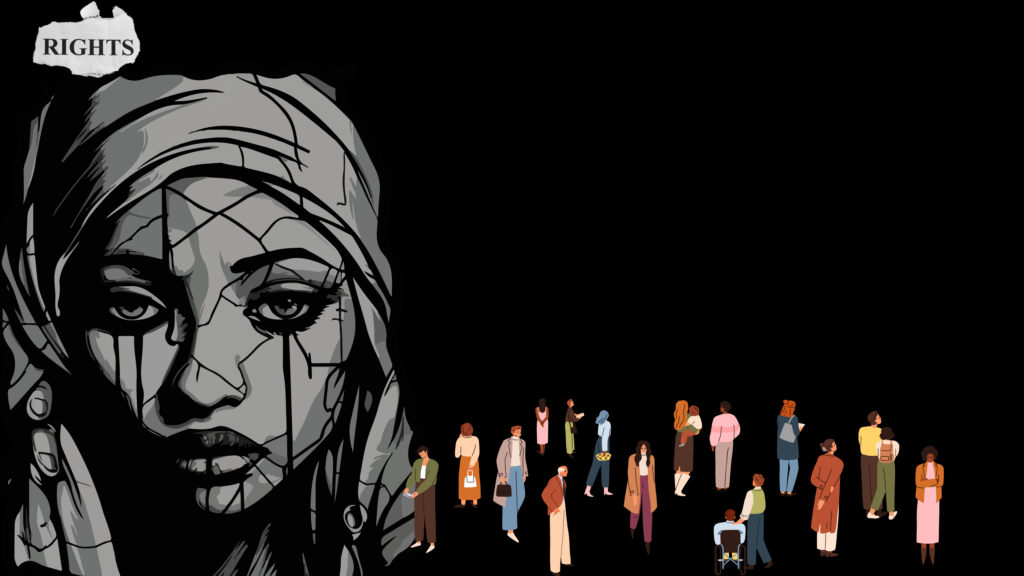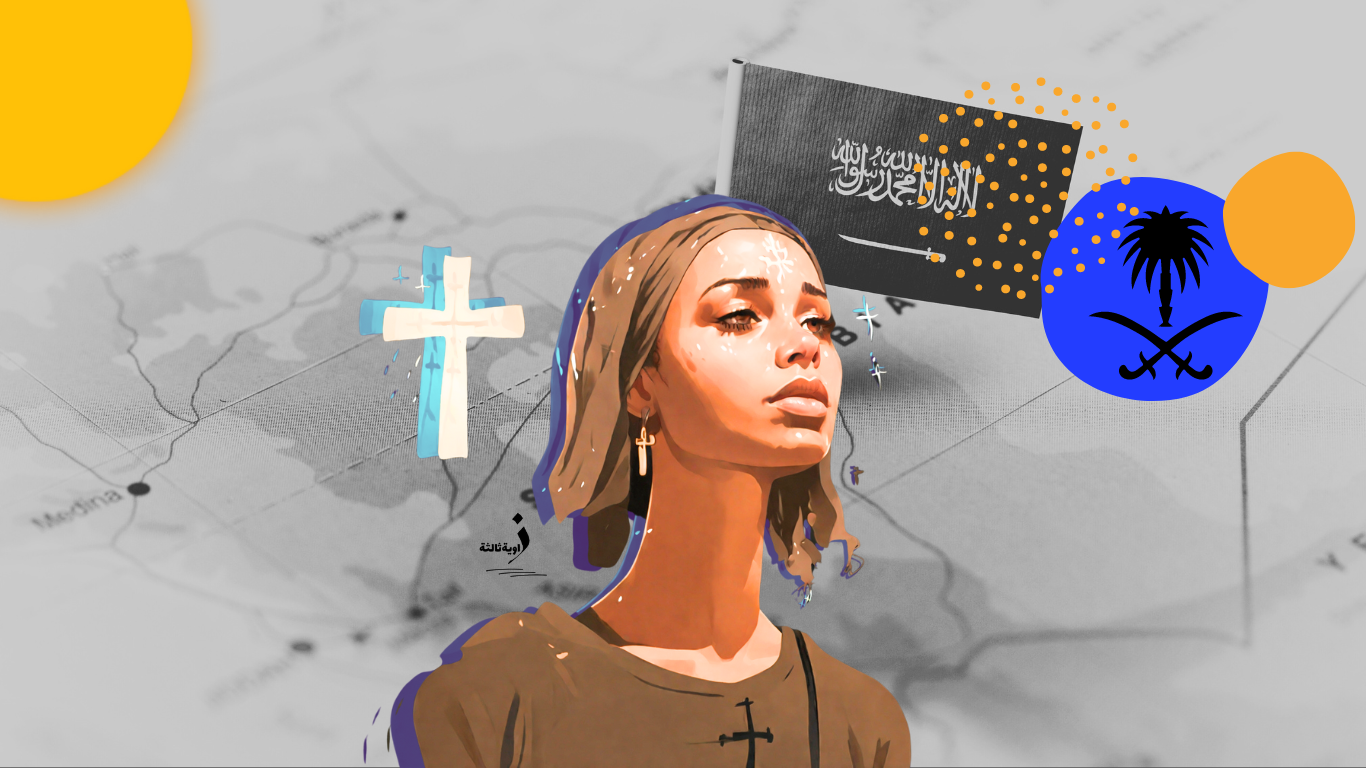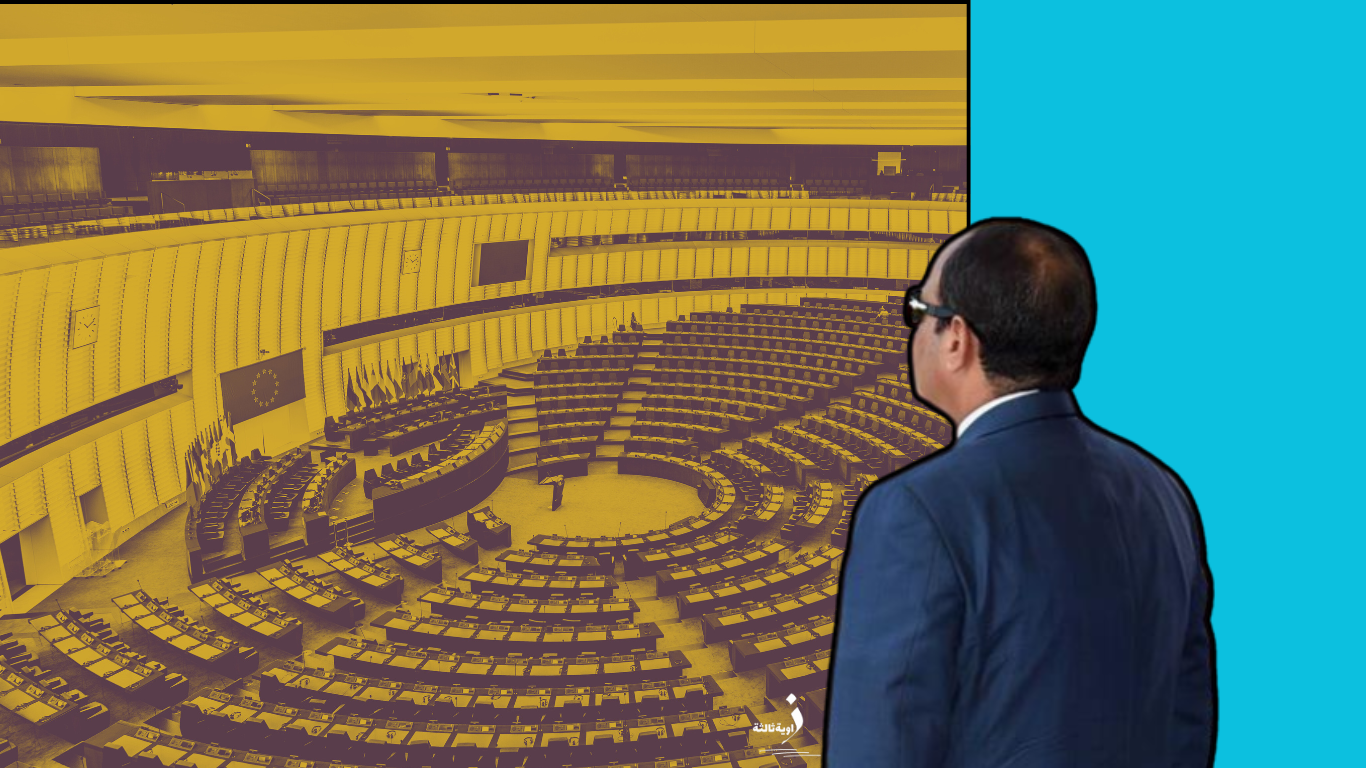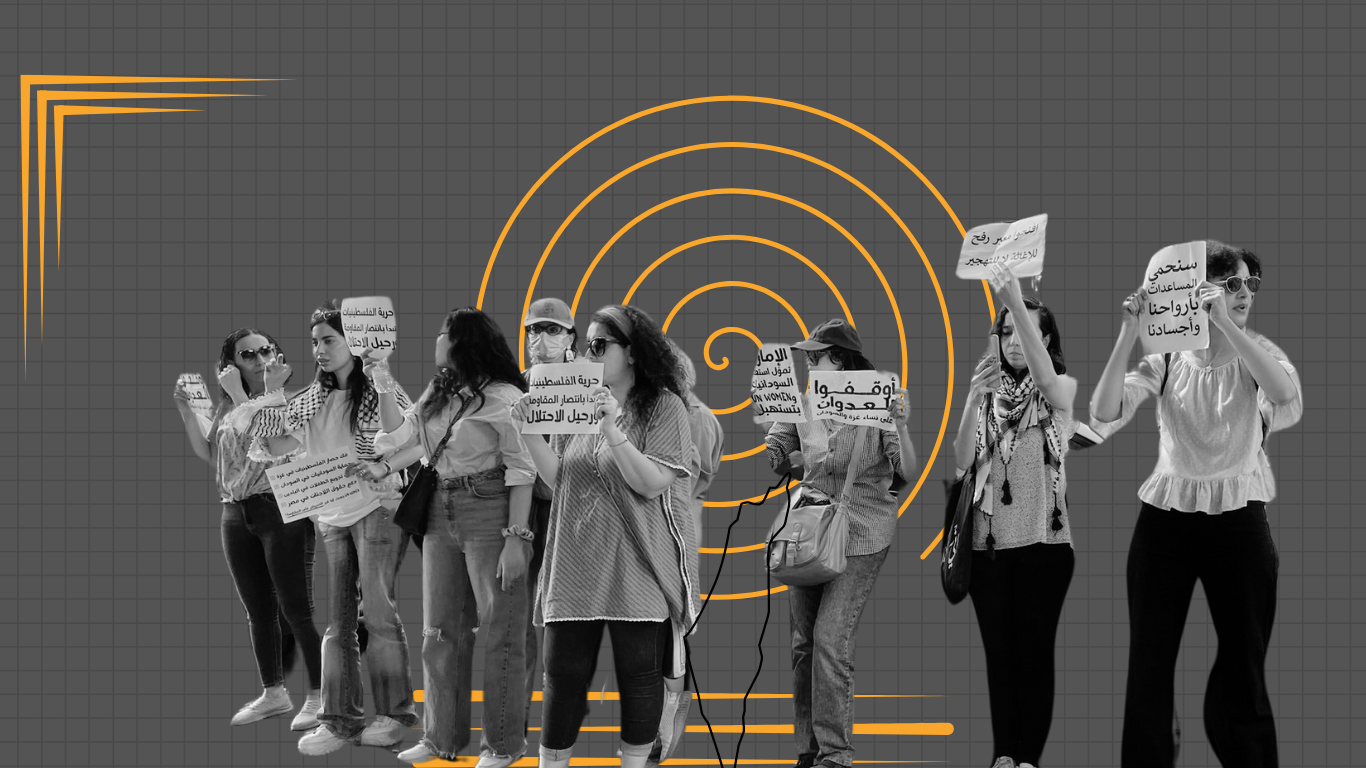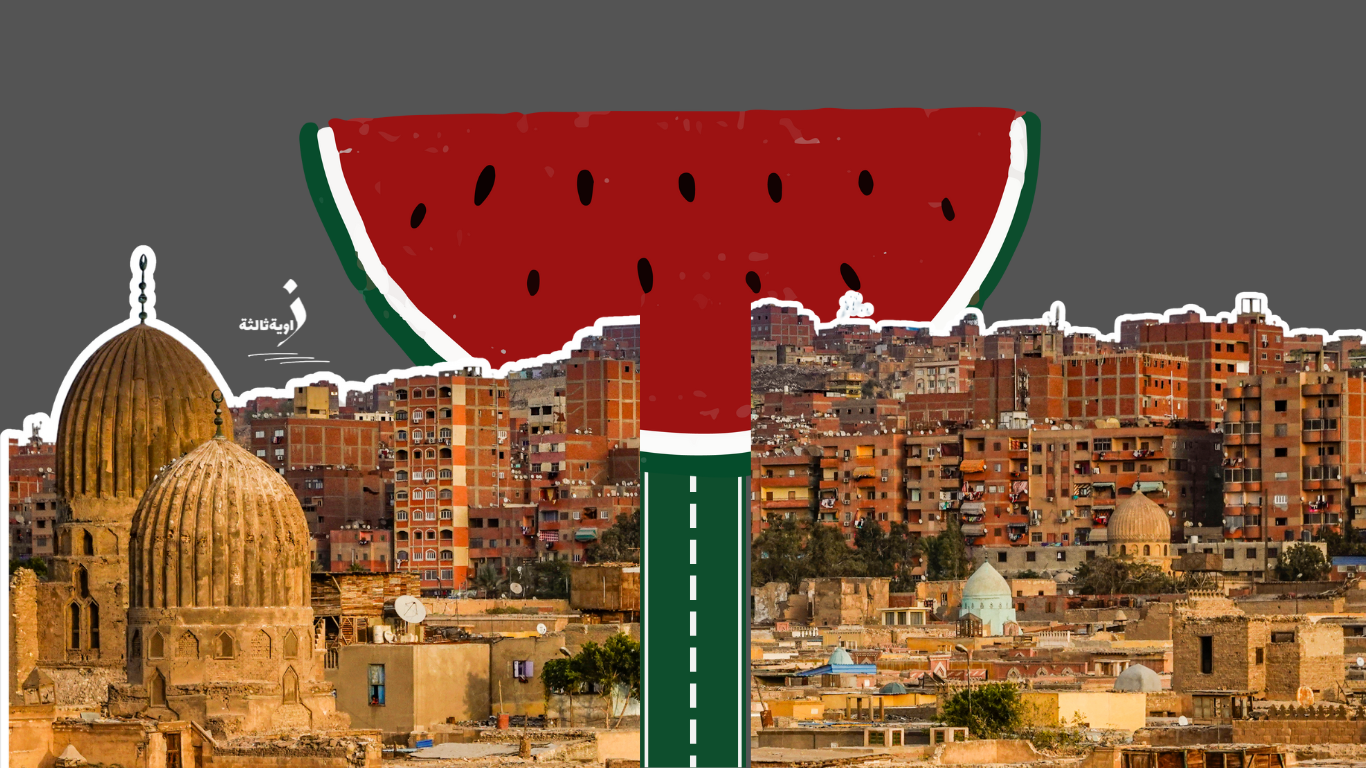Women in Egypt face multiple forms of violence, which have become chronic and one of the most common violations of women’s rights, especially those occurring within households where gender-based discrimination is often practiced. The situation becomes even more critical when violence is directed towards underage girls, particularly in early stages of their lives. Among the prominent forms of violence against females in Egypt is early marriage, also known as child marriage. It is an unofficial marriage (often referred to as customary or unannounced marriage) that contradicts the laws established by Egypt regarding the age of marriage.
Before 2008, the official age of marriage for girls was 16 years old (as Egyptian law defines a child as anyone under the age of 18). The law justified this by stating that “the female’s physical structure matures and strengthens before the male’s, and what is necessary for preparing the girl for married life can be achieved in less time than is needed for the boy.” This legal perspective was based on religious rulings that permit the marriage of young girls, as long as they have started menstruating, even if they are as young as 10 years old. This perspective reflects the societal stereotype that views females merely as tools for satisfying sexual desires, vessels for reproduction, childbirth, and domestic service, without recognizing their human rights. The problem of child marriage escalated until 2008 when Law No. 126 of 2008 was issued, amending Law No. 134 of 1994, adding Article 31, which prohibited the documentation of marriage contracts for both genders unless they had reached the age of 18.
However, are the existing laws sufficient to address the issue of early marriage (child marriage)?
Legal Gaps
While many laws have been enacted by the Egyptian legislature, the problem lies in their practical application, especially considering the predominantly male influence on the legal system, posing a significant obstacle to the enactment of laws addressing violence against women. Consequently, there are inconsistencies in several laws related to violence against women, particularly crimes that occur within families and revolve around early marriage. The legislator’s mindset often reflects a masculine bias, viewing women as undeserving of determining their own fate, considering them “deficient in intellect and religion.” Hence, there is a belief in the necessity of having a guardian to control their lives in one way or another.
The Egyptian constitution, in Article 80, defines a child as anyone who has not reached the age of 18. Article 5 of Law No. 143 of 1994 on civil status, amended by Law No. 126 of 2008, explicitly states that “marriage contracts cannot be documented for individuals under the age of 18 for both genders, and anyone documenting a marriage in violation of this article will be punished.” However, this article leaves room for natural guardians to exploit the law by not documenting the marriage contract until the girl reaches the legal age. The legislator only requires the absence of documentation until the girl reaches the legal age but allows the marriage to take place unofficially, known as customary marriage, with the presence of witnesses and the religious official taking a written commitment from the groom to complete the marriage when the girl turns 18.
Article 227 of the Penal Code stipulates that individuals providing false information to public authorities with the intention of proving that one of the spouses has reached the legal age for marriage are subject to imprisonment for a maximum of two years or a fine not exceeding 3,000 Egyptian pounds. The same article imposes imprisonment or a fine not exceeding 50 pounds on anyone authorized by law to conclude a marriage contract, knowing that one of the parties has not reached the legal age. The punishment applies to the legal guardian, the religious official, and the witnesses.
Society grapples with the phenomenon of marrying underage girls, and there is no penalty for the man marrying a young girl, highlighting a legal loophole. In Egypt, there are 117,000 cases of child marriages involving girls aged 10 to 17, according to recent statistics from the official statistical agency.
Despite the attempts of the ruling regime to regulate the issue, its system has faced numerous violations, and the misuse of the institution of marriage to commit acts contrary to women’s rights in Egypt is evident. Various forms of unofficial marriages, not recognized legally, have emerged under the umbrella of customary marriage, taking on different forms such as temporary marriages, tribal marriages (also known as Sunni or gift marriages), deal marriages (also known as tourist marriages). All of these forms represent undocumented marriages that have emerged as a form of human trafficking, especially of women, by exploiting them sexually or engaging them in forced labor.
Egyptian Law No. 1 of 2000, regulating personal status matters, stipulates in Article 17/2 that lawsuits arising from marriage contracts are not accepted unless the marriage is documented by an official document.
The Deal Marriage
The deal marriage, also known as tourist marriage, is considered one form of trafficking in women in Egypt. Young girls are treated as commodities, bought and sold in transactions facilitated by what is known as tourist marriage brokers. A lawyer or official writes the customary marriage contract, usually involving the legal guardian of the girl and a foreign husband, often from a Gulf Arab country, typically much older than her. The wealthy Arab suitor offers material incentives or promises job opportunities abroad for the girl’s male relatives.
According to a 2008 report from the official statistical agency, there were 2,812 cases of deal marriages involving Arab grooms, including 742 Palestinian, 223 Saudi, 19 Kuwaiti, 139 Jordanian, and 966 with unknown nationality. Deal marriage involves marrying girls or women temporarily in exchange for material benefits, making it religiously invalid and classified as forced marriage, a form of human trafficking, and a gender-based discrimination, forcing the girl into marriage and sacrificing for the better livelihood of her family.
Reports and studies indicate that Giza, Cairo, Sharqia, and Fayoum are the most attractive regions for tourist marriages. A 2011 study by the Committee to Combat and Prevent Legal Immigration and Human Trafficking, in collaboration with the National Women’s Council, revealed that Arabs from Gulf countries are the most inclined towards such marriages with Egyptian women. The study highlighted the Badrashin and Hawamdiya areas in Giza as having the highest rates of these transactions, with the village of Mona al-Amir in Hawamdiya recording the highest percentage at 14.9%, followed by Al-Aziziya village in Badrashin at 10%, and Abu Lashin village at 8%, both in Hawamdiya.
A study by researcher Azza Kamel in 2015 confirmed that most participants in deal marriages in the Hawamdiya area were men from Gulf Arab countries, primarily Saudi Arabia, followed by the UAE, Jordan, and Kuwait.
The phenomenon of deal marriages is also prevalent in some villages in the Gharbia Governorate, such as Basyoun (Kom al-Najjar), Samannoud (Miet Badr Helawa), and Al-Mahalla Al-Kubra (villages of Al-Hayatim, Al-Amreya, Dunoshr, and Al-Saga’ia).
In recent years, there has been a rise in the number of couples affiliated with the United Arab Emirates in Egyptian society, possibly influenced by the growing political relations between Cairo and Abu Dhabi. Studies trace the beginning of the phenomenon to the late 1970s, with increasing rates in the last nine years. However, it has deviated from the legal framework of official marriages, involving elderly and disabled men marrying young girls with fake contracts.
A recent study revealed that 74% of child marriages occurred in prohibited forms according to the law, with 9,531 violations of documenting marriages below the legal age. Cairo had the highest number of cases at 4,102, followed by Mansoura in the Dakahlia Governorate with 3,383 cases, and then Tanta in the Gharbia Governorate with 934 cases. Most cases are challenging to track officially because they occur through undocumented customary contracts with religious officials.
Tribal Marriage
The concept of tribalism is prevalent in Egypt, especially in the Sinai, Matrouh, and the oases in the western desert near the capital, as well as in some Upper Egyptian governorates. Marrying relatives is considered a fundamental pillar in tribal society, disregarding the compatibility or age of the spouses. In tribal communities, the decision on whom the girl marries is made by her guardian.
In Sinai’s tribal society, agreements for a girl’s marriage are made with close relatives before she reaches adulthood, considered a form of dowry. When the girl reaches the appropriate age, the tribe gathers for a tribal celebration, and the father gives his daughter to her husband without a formal contract but in the presence of all the tribe’s men. Traditionally, the groom’s father would present a green plant called “qasla” to the bride’s father to formalize the marriage. Recently, tribes have started recording marriage contracts when the girl reaches the legal age for marriage. Obtaining accurate statistics on tribal marriage in Sinai or other regions that still adhere to tribal systems is challenging.
The phenomenon of marrying relatives is rooted in cultural and social factors. In some cultures, it serves as a means of preserving lineage, while in others, it’s a way to maintain family property by preventing its dispersion and protecting agricultural land. This is evident in tribal marriages in Upper Egypt’s governorates such as Sohag, Qena, Luxor, and Asyut, among tribes like the Hawara, Jaafari, Ashraf, and Ababda.
According to Egypt’s 2017 population census, there were 18.3 million married citizens below the legal age, with recorded cases of child marriages accounting for 14% of them. The Upper Egypt region alone represents 40% of these marriages, taking place according to the tribal marriage system.
Temporary Marriage, Pleasure Marriage, and Misyar Marriage
In Gulf societies, there is a prevalent informal marriage known as misyar marriage or visitation marriage. This practice migrated to Egypt at the beginning of the new millennium after an official fatwa by the then Grand Sheikh of Al-Azhar, Muhammad Sayyid Tantawy, in 1999, legalizing it. In misyar marriage, the husband visits his wife at her home or her family’s home. This practice has become a pretext for the spread of such cases between Egyptians and Syrian women living in Egypt. There is also what is known as “musafr” marriage, where a student from Gulf countries studying at an Egyptian university marries an Egyptian girl only during the period of his studies, divorcing her upon returning to his homeland. Recently, specialized websites on social media applications have emerged to facilitate this type of marriage.
In these marriages, women often compromise important conditions due to economic need and their desire to have a partner. These conditions may include regular residence, housing, financial support, and even abstaining from having children. The increasing poverty within Egyptian society may contribute to the emergence of such marriage patterns. Despite its prevalence in Egypt in recent years, there are no statistical indicators to quantify its extent or clarify the circumstances under which it occurs.
Consequences
The 2017 census in Egypt revealed that child marriage remains a problem. Approximately one in every twenty girls (4%) aged 15 to 17 is either married or has been married, and for girls aged 15 to 19, the rate increases to one in ten, with significant differences between rural and urban areas.
The consequences of child marriage in Egypt include gender-based violence, school dropout, increased risk of diseases, higher fertility rates contributing to population growth, and an increase in unregistered children—a significant challenge for the Egyptian government. Between the laws attempting to prevent child marriage and the loopholes within the legal system, exploited by guardians registering marriage contracts, and the support from some religious figures who consider early marriage a form of modesty, there remains a risk of recurring violations against women by powerful men, and potentially even by women themselves.
The risks and consequences of child marriages, whether direct or indirect, have profound effects on the girls’ psychological, social, health, and economic aspects.
Health-wise, women face physical and psychological health problems. A recent study by researcher Azza El-Gazzar, titled “Modern Slavery,” revealed an increased incidence of sexually transmitted diseases among girls in the Hawamdiya area, including syphilis and hepatitis B, due to what is known as “tourist marriage” between wealthy Arabs and local girls. Additionally, a study by the Egyptian Fertility Society confirmed that the intentional abortion rate in Egypt reaches 15% for every 100 births. Only 8 out of 1,000 officially married women induce abortions, while the rate rises to around 75 per thousand for unmarried women. Many girls forced into early marriage end up in domestic service or engage in prostitution, with most married girls under 18 describing their first sexual experience as rape or coercion. Early marriage poses a significant health risk to girls, making them vulnerable to symptoms of post-traumatic stress disorder (PTSD) and depression.
Legally, women in unofficial marriages face legal challenges, ranging from attempting to prove customary marriage contracts to establishing the parentage of children resulting from such marriages and trying to obtain their rightful inheritance or alimony. A recent statistic from Egyptian family courts revealed that the number of “denial of paternity” lawsuits resulting from customary marriages reached 5,000 cases in 2016 alone, while 12,000 lawsuits of denial of parentage were filed.
Egypt’s Central Agency for Public Mobilization and Statistics reported that documented customary marriages in 2018 were around 139.1 thousand contracts, marking a decrease of 6.7% from 2017, which witnessed the documentation of 149.2 thousand contracts.
Socially, girls who have experienced marriage often face significant social stigma, especially in cases of tourist marriages. It becomes challenging for these girls to marry conventionally, leading many to undergo the experience of tourist marriages multiple times. Some may even marry other men before the completion of the legal waiting period, and some may resort to engaging in prostitution. The surrounding society often views these girls with disdain and contempt, using negative and hostile comparisons. Girls who have experienced early marriage perceive themselves as commodities that must be invested in. Their families treat them as a source of income to help build homes, buy land, and expand business projects.
Most studies indicate that early marriage is a leading cause of women’s poverty, known as “feminization of poverty.” This is a direct result of the immediate impact of early marriage and poverty, as most young married girls do not receive sufficient education or qualifications to enter the job market. Consequently, women are more vulnerable to poverty, lacking the experience or skills to generate income to lift their families or themselves out of poverty.
Educationally, according to the official statistics agency, there is a high illiteracy rate among those who have married before the age of 18, reaching around 40 percent. The dropout rate from education is also high, estimated at 36 percent. In 2018, females without any educational qualifications who underwent customary marriage constituted 67.8 thousand contracts, followed by those with a secondary certificate at 26.7 thousand contracts. The number of females with a university degree did not exceed 516 contracts.
Despite the Egyptian government’s efforts to curb the phenomenon of early marriage and its various forms, social customs, whether traditional (tribal) or resulting from poverty, continue to hold significant influence.
[1] Information and Decision Support Center (IDSC) report, Egyptian Cabinet: https://idsc.gov.eg/Newsletter/View/5715
[2] The study was presented at a regional seminar held in Beirut in October 2015, titled “Early Marriage of Girls in the Context of Democratic Transition and Armed Conflicts.”

